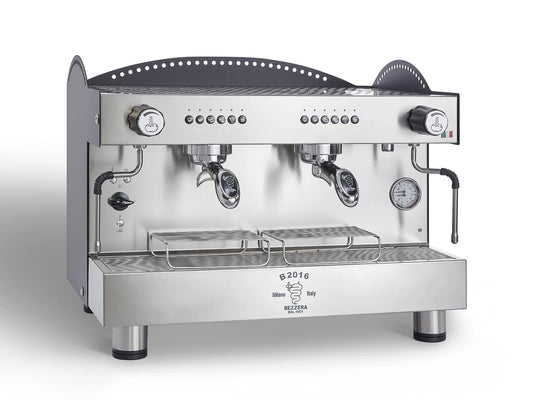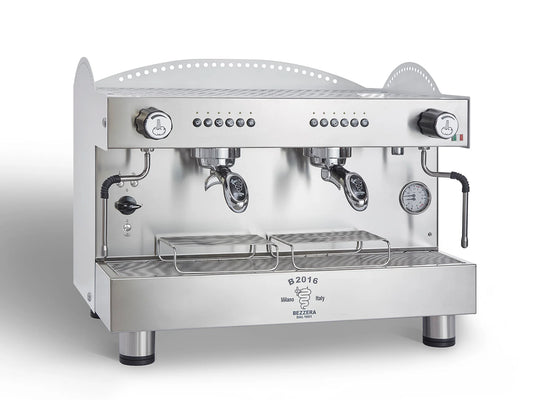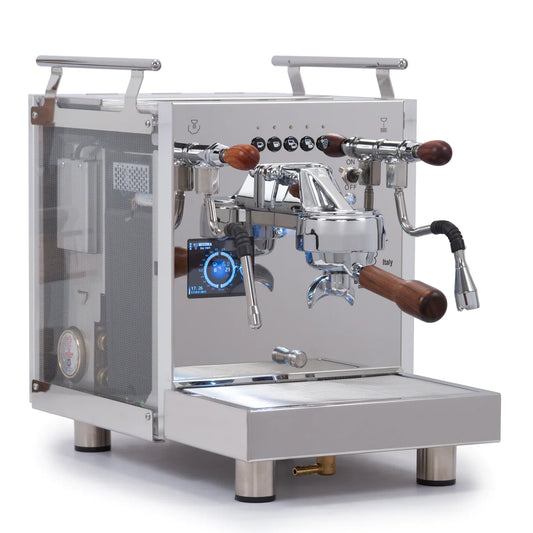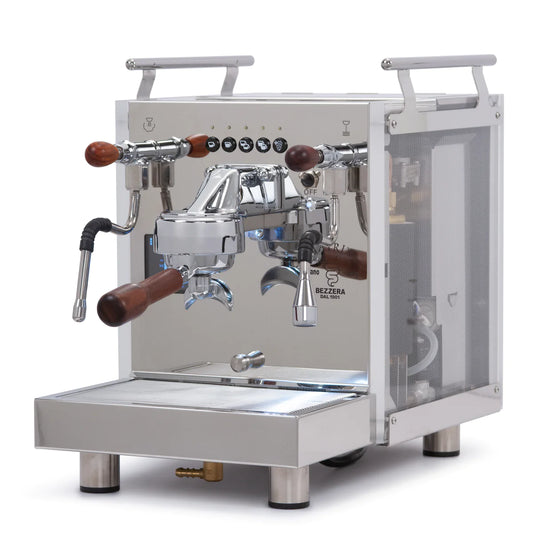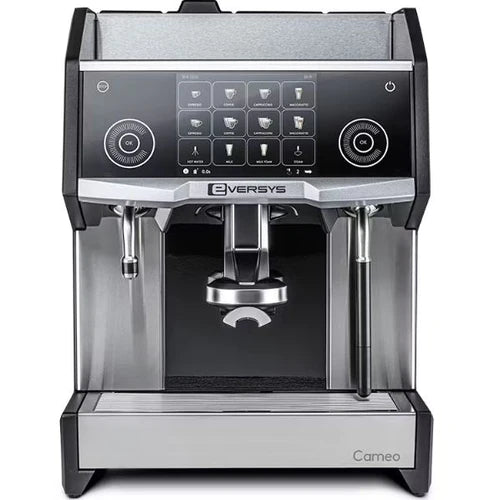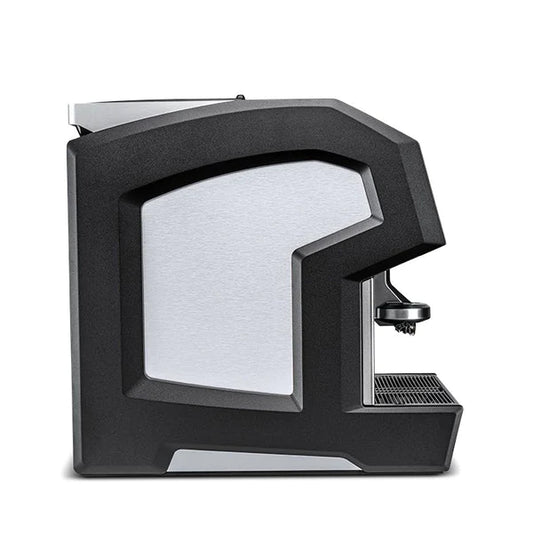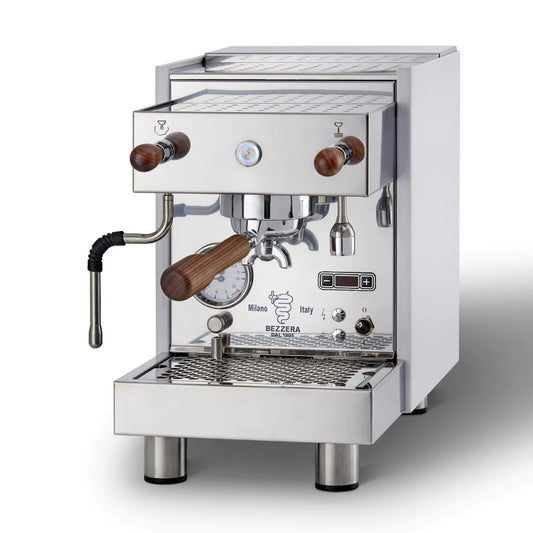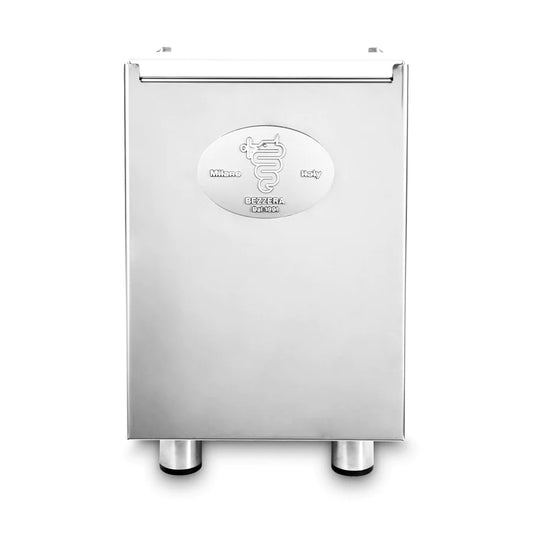Can a Wine Cooler Be Used as a Refrigerator?
Table of Contents
- Introduction
- Understanding Wine Coolers
- Can a Wine Cooler Be Used for Other Foods and Beverages?
- Limitations of Using a Wine Cooler as a Refrigerator
- Conclusion
- Frequently Asked Questions (FAQs)
When it comes to storing beverages and food, most people rely on traditional refrigerators. However, as wine enthusiasts and culinary aficionados know, the world of storage is vast and specialized. Have you ever wondered if a wine cooler can serve the dual purpose of a refrigerator? This question may seem trivial but is essential for those looking to optimize their kitchen or bar space effectively.
Wine coolers, specifically designed to maintain a consistent temperature and humidity level for wine, have gained popularity among both casual drinkers and serious collectors. But their functionality raises an intriguing question: can they also be used to store other perishable goods typically kept in a refrigerator? In this blog post, we will explore the capabilities of wine coolers, their ideal temperature ranges, and whether they can substitute for a traditional refrigerator.
Introduction
Imagine a beautifully curated wine collection, nestled within a sleek wine cooler, not only preserving your favorite vintages but also doubling as a storage space for a variety of other items. The rising trend of multifunctional appliances has led many to wonder if wine coolers can extend their utility beyond just wine storage.
Wine coolers are designed with specific temperature and humidity controls tailored for wine preservation, typically maintaining temperatures between 45°F to 65°F. This range is not only suitable for wine but also for certain beverages and foods. However, it raises concerns about whether such an appliance can adequately replace a traditional refrigerator designed for a wider variety of perishables.
In this comprehensive guide, we aim to clarify the nuances of using a wine cooler as a refrigerator. We will cover the operational principles of wine coolers, the types of items that can be stored in them, and the potential drawbacks of using them for purposes other than wine storage. By the end of this post, you will have a deeper understanding of how to use your wine cooler effectively and whether it can serve as an alternative to your standard refrigerator.
Understanding Wine Coolers
What is a Wine Cooler?
A wine cooler is a specialized appliance designed to store wine at optimal conditions. Unlike standard refrigerators, which aim to keep food cold and dry, wine coolers maintain specific temperature and humidity levels to protect the integrity of wine. They often feature compartments designed for different types of wine, allowing for customized storage options.
Key Features of Wine Coolers:
- Temperature Control: Wine coolers provide precise temperature control, ensuring that wine is stored at the ideal serving temperature.
- Humidity Regulation: Proper humidity levels (around 60%-70%) are crucial for preserving the cork and preventing oxidation.
- Vibration Reduction: Many wine coolers are designed to minimize vibrations, which can disturb sediment in wine bottles and impact flavor.
These features make wine coolers particularly effective for wine storage, but they also invite the question of their versatility for other types of food and beverages.
Temperature Ranges: Wine Coolers vs. Refrigerators
The temperature range for wine storage typically falls between 45°F and 65°F. For optimal results:
- Red Wine: Best stored at around 55°F.
- White Wine: Ideal serving temperatures range from 45°F to 50°F.
- Champagne and Sparkling Wines: Best enjoyed around 45°F.
In contrast, traditional refrigerators operate at colder temperatures, generally around 32°F to 40°F, which is optimal for preserving a wide variety of foods. This significant difference in temperature management is crucial when considering the storage of perishables.
Can a Wine Cooler Be Used for Other Foods and Beverages?
Suitable Items for Storage in Wine Coolers
Using a wine cooler as an alternative to a refrigerator can be practical for certain items that thrive in similar temperature ranges. Here’s a closer look at what can be safely stored in a wine cooler:
-
Beverages:
- Non-Alcoholic Drinks: Items like soda, iced tea, and energy drinks can be stored in wine coolers since they have a similar temperature preference.
- Beer: As beer should ideally be served at slightly warmer temperatures than typical refrigeration, wine coolers can be a great option for beer enthusiasts.
-
Certain Foods:
- Cheese: Many cheeses benefit from the humidity and temperature of a wine cooler. Hard cheeses can be stored effectively, but wrapping them properly is essential to prevent moisture loss.
- Fruits: Some fruits, such as berries and apples, can be kept in a wine cooler. However, strong-smelling items like onions should be avoided to prevent flavor contamination.
- Chocolate: Wine coolers maintain the ideal humidity for chocolate, making them a suitable storage option to avoid the freezing temperatures of standard refrigerators.
- Cigars: Interestingly, wine coolers are also popular among cigar collectors, as they can be adapted to maintain the necessary humidity and temperature for proper cigar storage.
Items to Avoid Storing in Wine Coolers
While wine coolers can accommodate a variety of items, certain foods should never be stored in them due to potential spoilage or flavor contamination:
- Dairy Products: Milk, yogurt, and similar items require colder temperatures to prevent bacterial growth.
- Raw Meats: These should be kept in standard refrigerators to minimize the risk of cross-contamination and spoilage.
- Vegetables: Many vegetables require colder, drier conditions than wine coolers provide to remain fresh.
Limitations of Using a Wine Cooler as a Refrigerator
While the versatility of wine coolers can be appealing, it’s essential to understand their limitations compared to traditional refrigerators. Here are a few drawbacks to consider:
- Temperature Inconsistencies: Wine coolers are not designed to handle the temperature fluctuations that occur when frequently opened, as is common with standard refrigerators. Each time the door is opened, the internal temperature can rise, potentially affecting the items stored inside.
- Humidity Control: While humidity is crucial for wine, not all foods require the same humidity levels. For instance, many fruits and vegetables do not thrive in high humidity, which can lead to spoilage.
- Storage Capacity: Wine coolers typically have less overall storage space than refrigerators, which can be a limiting factor for families or those who require a wide variety of food storage.
- Incompatibility with Certain Foods: As previously mentioned, some foods, especially dairy and raw meats, should not be stored in wine coolers due to safety concerns.
Conclusion
In summary, while wine coolers can serve as an alternative storage option for certain beverages and foods, they are not a complete substitute for traditional refrigerators. The specialized design of wine coolers makes them excellent for maintaining optimal wine conditions, while their versatility allows for limited storage of non-wine items.
If you are a wine enthusiast or have space constraints, integrating a wine cooler into your home can enhance your beverage storage capabilities. However, it is crucial to understand what can and cannot be stored in these appliances to ensure food safety and quality.
As we navigate the ever-evolving landscape of food and beverage storage, it’s important to make informed choices that align with our needs and lifestyles. Whether you choose to invest in a wine cooler or stick with a traditional refrigerator, having the right equipment can significantly enhance your culinary experience.
Frequently Asked Questions (FAQs)
Q: Can I store beer in a wine cooler?
A: Yes, wine coolers maintain temperatures that are suitable for beer storage. They can be a great option for beer enthusiasts looking to keep their beverages at optimal serving temperatures.
Q: Is it safe to store dairy products in a wine cooler?
A: No, dairy products should not be stored in wine coolers as they require colder temperatures to prevent spoilage and bacterial growth.
Q: Can I store fruits and vegetables in a wine cooler?
A: While some fruits can be stored in a wine cooler, it’s essential to avoid strong-smelling vegetables that could contaminate the wine or other foods.
Q: What is the best temperature for storing red wine in a wine cooler?
A: Red wine is best stored at around 55°F, which is within the temperature range of most wine coolers.
Q: Are wine coolers energy-efficient compared to traditional refrigerators?
A: Wine coolers are typically designed to be energy-efficient, especially when used solely for wine storage. However, their overall efficiency can vary based on usage patterns and the frequency of door openings.
By understanding the capabilities and limitations of wine coolers, you can make the best decisions for your storage needs and enjoy your beverages and food at their finest.

